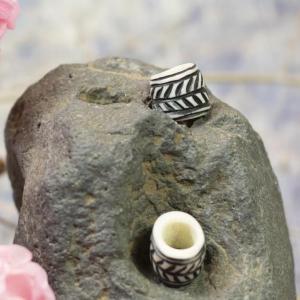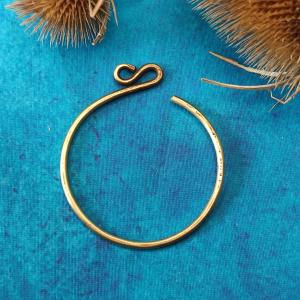Lunice as an amulet for young girls and symbols of the female cycle, protection from evil forces and fertility.
Their symbolism is still debated. Were they worn by young girls to protect their health during pregnancy? Or were they a symbol of priestesses dedicated to the cult of the moon? Were they the mark of a psychic who served as both healer and midwife in ancient and medieval times? They are most often found in the graves of young girls and children. Was it a gift from the mother as a symbol of rebirth, or was it to protect them in sickness?
This would suggest snake-like ornamentation. These were associated in the Middle Ages with cyclical rebirth, shedding of skin and renewal, fertility and immortality.
I guess we'll never know. What is certain is that this symbolism still has a strong mystique today.
Grave 550 near the 3rd church on the site in Mikulčice.
It is a popular, typically feminine piece of jewellery and was often hung with, for example, glass beads. We know of such amulets from antiquity, the early Middle Ages throughout Europe, and they appear in the younger periods of the High Middle Ages as well. This one is dated to the 8th-9th centuries.
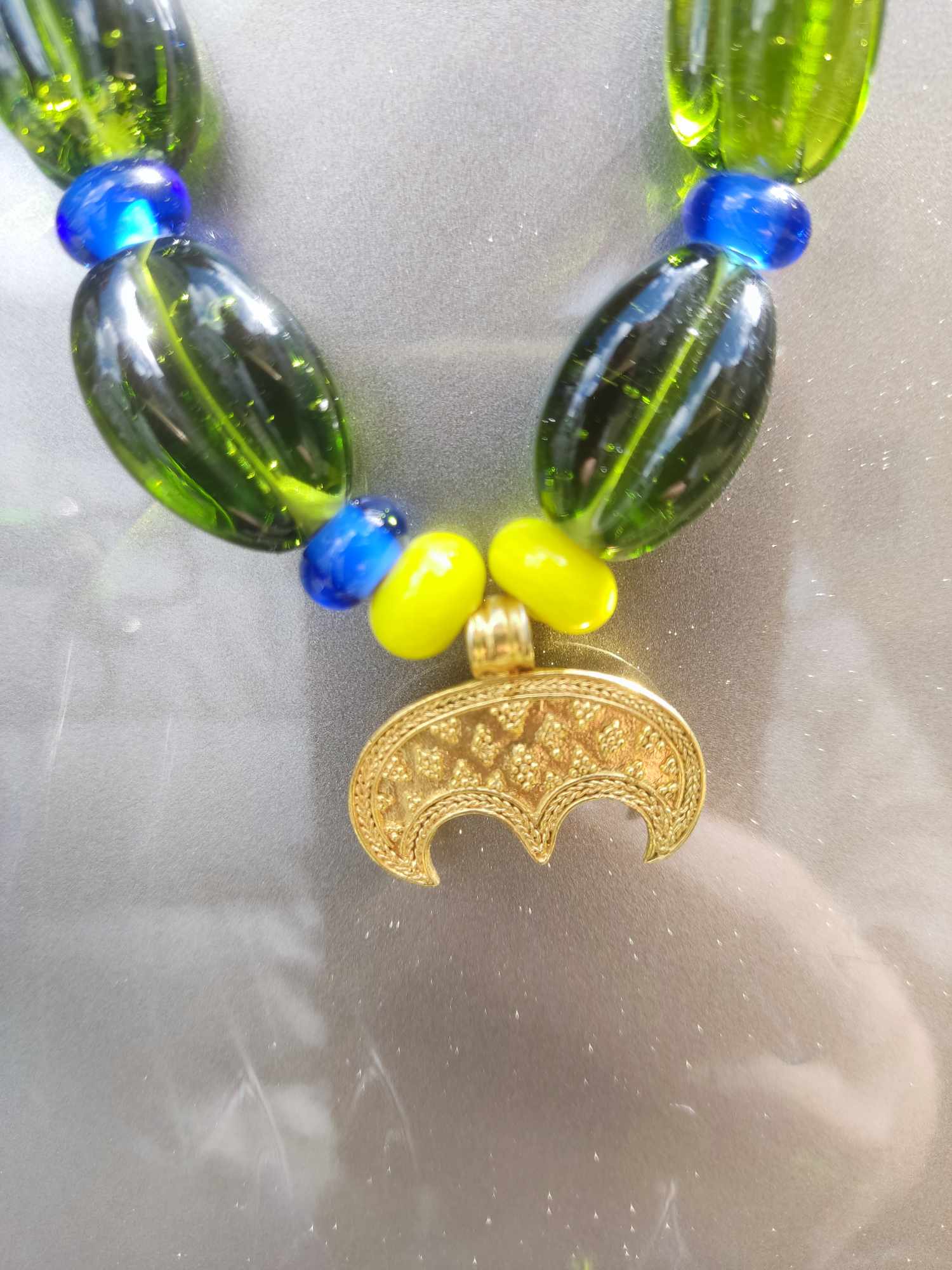
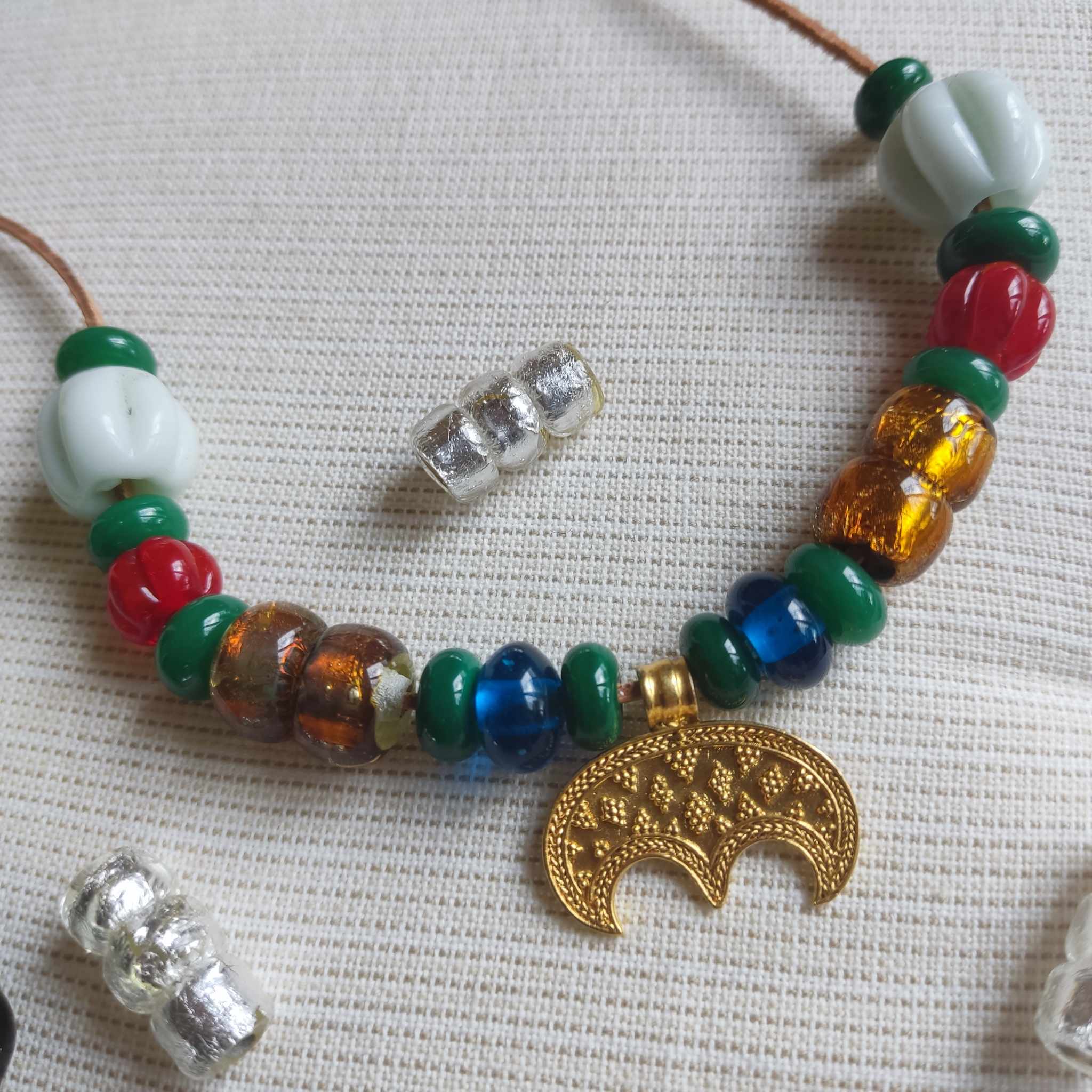
Inspiration from our customers - and what beads would you choose?
2,8 g
2,7 x 2,2 cm





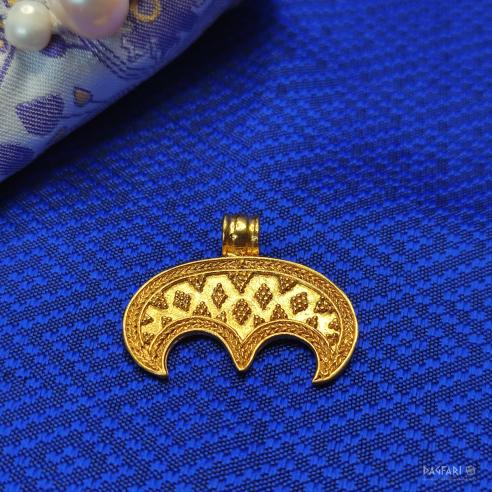




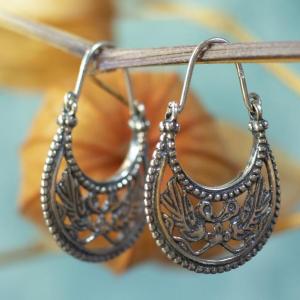

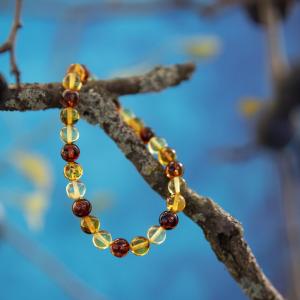

![Pendant - Rune ,,THURISAZ" [ th, ð, θ ] - Viking deer antler amulet](https://dagfari.net/3382-home_default/pendant-rune-thurisaz-th-viking-deer-antler-amulet.jpg)
![Pendant - Rune ,,THURISAZ" [ th, ð, θ ] - Viking deer antler amulet 2](https://dagfari.net/2067-home_default/pendant-rune-thurisaz-th-viking-deer-antler-amulet.jpg)

